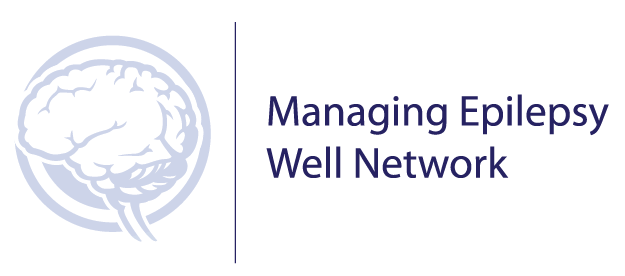
Take medicines as prescribed.
It is important to take your anti-seizure medicine exactly as prescribed by your healthcare provider. If you are having trouble taking your medicines or are experiencing side effects, contact your healthcare team.

Keep a seizure diary.
Keep a record of your seizures and look for patterns so that you can talk about them with your healthcare team.
Explore Epilepsy Foundation’s My Seizure Diary.

Manage triggers.
Understand and monitor your seizure patterns to avoid or limit exposure to triggers.

Talk to your providers.
Learn how to talk to your healthcare team.
Communication Tools can help.

Exercise safely.
Learn ways to exercise safely as part of a healthy lifestyle. Start with small changes.

Reduce stress.
Understand the role stress plays in your life and how it affects your epilepsy. Develop ways of reducing and coping with stress.









